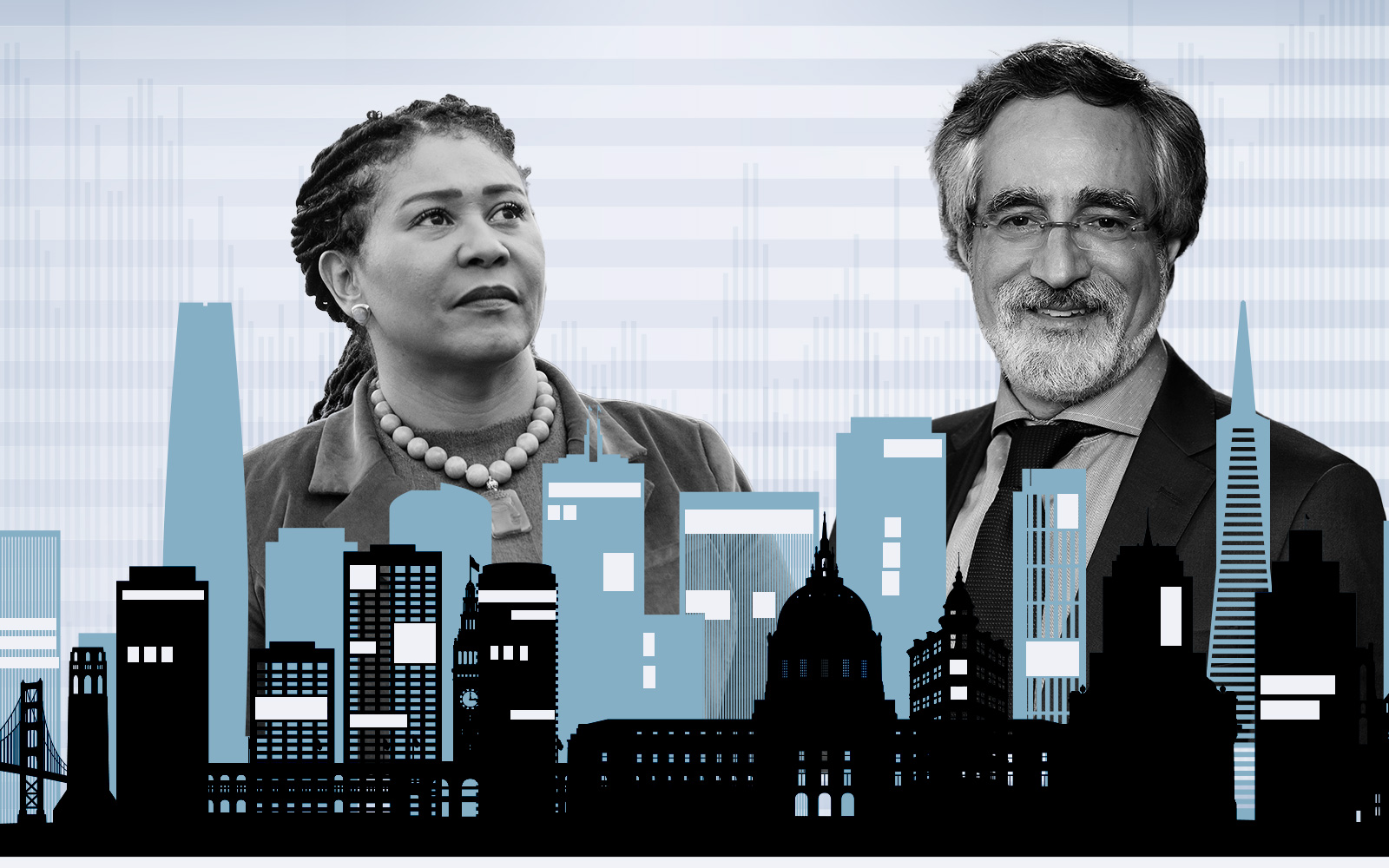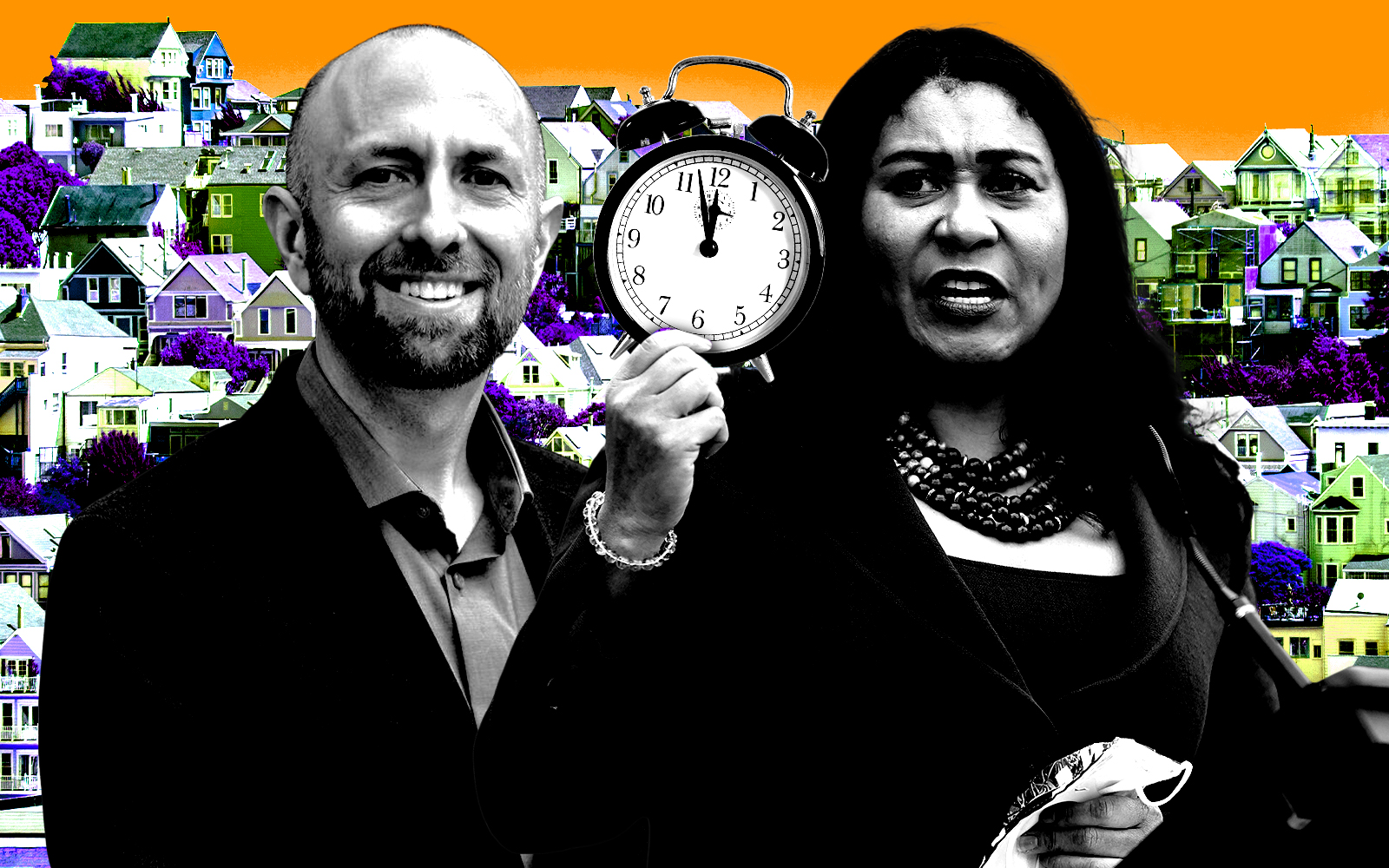San Francisco lawmakers are considering rules to help save the city’s empty downtown by easing office-to-home conversions and boost storefront use.
The city’s Planning Commission has approved legislation by Mayor London Breed and Board of Supervisors President Aaron Peskin to relax adaptive reuse requirements for Downtown and allow more building flexibility in Union Square, the San Francisco Business Times reported.
The legislation, which now moves to the Board of Supervisors, is intended to save developers both time and money. It also aims to help bring life back to the central city, where one in three offices stand empty, decimating foot traffic for curbside businesses.
It’s also a sign the city may finally come to terms with how to fix its crippled downtown, and an acknowledgment that economic shifts ushered in by the coronavirus are likely permanent.
The city must now diversify its economic base that’s limited to mostly offices, hotels, shops and restaurants.
San Francisco now has more than 26 million square feet of unused offices, much of them in older buildings, according to the Business Times. It has also seen major business exits, including a Whole Foods market and two pending Nordstrom stores.
The commissioners acknowledged that they were acting with urgency in passing the measures, which were modified slightly. The city is among the slowest in the nation to recover from the pandemic and change-in-work patterns.
“I’m delighted to see us creatively and aggressively moving forward,” said Commissioner Kathrin Moore. “The question of adaptive reuse has been asked for many, many years, particularly as there are a number of buildings which seem to be aging.”
The rule changes proposed by Breed and Peskin remove uncertainty from the process of converting offices to housing. They would also loosen rules around Union Square to help the struggling shopping district become less reliant on large retail stores.
The Breed/Peskin ordinance would eliminate city requirements that Downtown office-to-housing conversions have some space reserved for rear yards, have a certain percentage of two- and three-bedroom units and have a hearing before the Planning Commission.
Those changes alone could speed up a conversion project by 18 months, Planning Director Rich Hillis has said.
In Union Square, Breed and Peskin aim to build on a strategic plan by the Union Square Alliance, which found zoning restricts upper floors to retail businesses. Because retailers don’t want to use second or third floors, it’s hard for landlords to fill vacancies.
Union Square’s retail vacancy rate was 27 percent last month, according to the alliance.
The legislation would jettison a lengthy “conditional use” process for retail businesses and ease zoning rules to allow upper stories to be filled by offices, service sector businesses and more.
It would also let ground floors around Union Square host entertainment businesses and co-working cafes, plus temporary pop-up businesses inside vacant storefronts, while allowing city staff to review minor changes to historic buildings without a full-fledged public hearing.
— Dana Bartholomew
Read more



